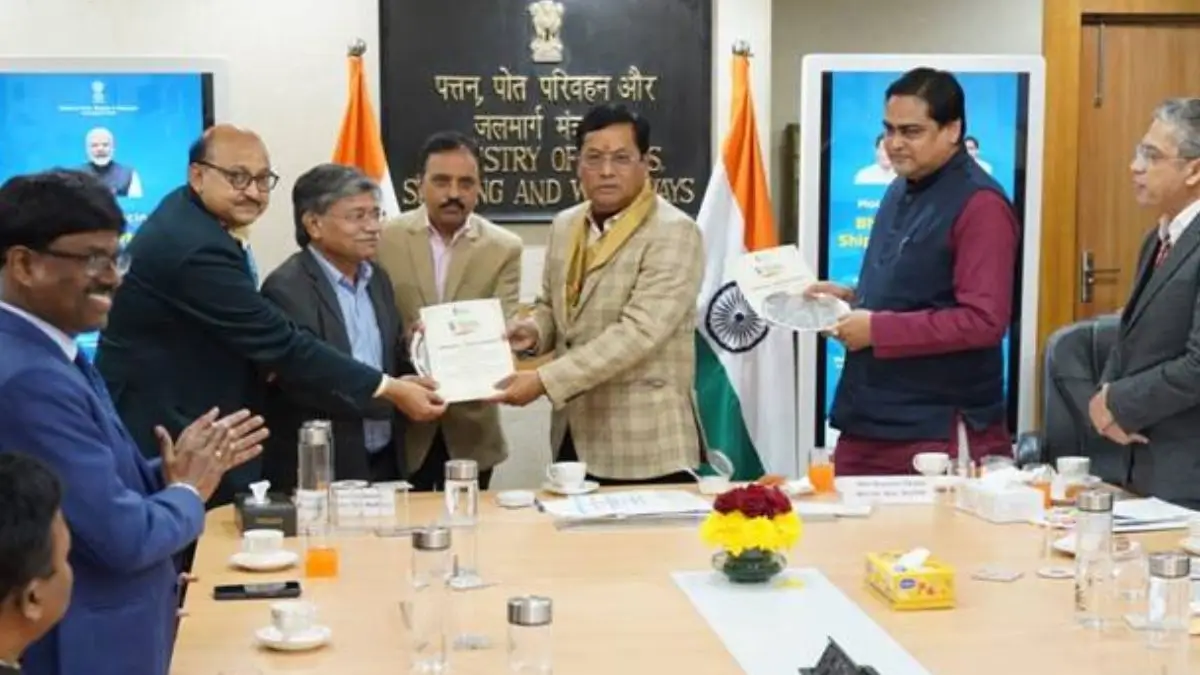Empowering Women in Odisha: The Subhadra Scheme and IIM Sambalpur’s Role
Introduction to the Subhadra Scheme
Odisha is taking significant steps towards empowering women through the launch of the “Subhadra Scheme,” a transformative initiative aimed at promoting self-reliance and creating economic opportunities for women. The scheme is designed to enhance the participation of women in various economic activities, providing them with the necessary tools, resources, and training to achieve financial independence.
Role of IIM Sambalpur in the Scheme
The Subhadra Scheme is being implemented with the support of IIM Sambalpur, which is known for its expertise in management education and innovation. IIM Sambalpur is playing a pivotal role in training and mentoring women entrepreneurs, especially in the fields of business management and entrepreneurship. The collaboration between the Odisha government and IIM Sambalpur aims to provide a solid foundation for women to engage in sustainable businesses and create jobs in the region.
Key Features of the Subhadra Scheme
The Subhadra Scheme focuses on promoting women’s involvement in agriculture, rural development, and small-scale businesses. It includes financial support, skill development, and access to markets for women entrepreneurs. By offering subsidies and grants, the scheme ensures that women can start their own businesses with a low investment burden. Furthermore, training programs are provided to hone skills related to financial literacy, marketing, and business operations.
Targeted Areas and Community Impact
The scheme specifically targets women in rural areas, where access to resources and opportunities for entrepreneurship is often limited. By focusing on these communities, the Subhadra Scheme aims to bridge the gap between urban and rural women’s participation in economic activities. The long-term goal is to reduce poverty, increase employment, and uplift the socio-economic status of women in Odisha.

Why This News is Important
Empowering Women in Rural India
The Subhadra Scheme is a remarkable step towards bridging the gender gap in economic participation, especially in rural India. By focusing on women’s economic empowerment, the initiative ensures that they are no longer seen as passive members of the economy but active contributors. For students preparing for competitive exams, understanding such schemes is crucial, as they highlight government efforts to uplift marginalized communities and promote inclusive development.
Encouraging Entrepreneurship
The collaboration between IIM Sambalpur and the Odisha government signifies a strategic approach to fostering entrepreneurship among women. By involving an institute of national repute like IIM Sambalpur, the scheme ensures that women are not just given financial support but are also equipped with the necessary business acumen and skills to succeed. This model of public-private partnership could inspire similar initiatives in other regions of India, making it an essential topic for various exams, especially in subjects like Indian Economy and Social Welfare.
Contributing to Sustainable Development Goals
The Subhadra Scheme is aligned with the global Sustainable Development Goals (SDGs), particularly SDG 5, which focuses on achieving gender equality and empowering all women and girls. Students preparing for exams related to social and economic policies must understand how such schemes contribute to long-term goals and address key issues like gender inequality, poverty, and economic development.
Historical Context
Odisha, like many other states in India, has witnessed various initiatives aimed at uplifting women and promoting gender equality. Historically, women in rural parts of India have faced significant barriers to accessing economic opportunities due to cultural norms, lack of education, and inadequate infrastructure.
The government of Odisha has implemented numerous schemes over the years to empower women. However, the launch of the Subhadra Scheme in 2024 marks a pivotal moment as it not only targets rural women but also aims to build sustainable, self-reliant businesses. The involvement of institutions like IIM Sambalpur further strengthens the scheme’s potential for success, as it introduces the essential managerial knowledge required to build sustainable ventures.
By focusing on rural entrepreneurship and business acumen, the Subhadra Scheme stands out as a significant policy intervention in the state’s ongoing efforts to bridge the gender gap and promote inclusive economic development.
5 Key Takeaways from “Empowering Women in Odisha: The Subhadra Scheme and IIM Sambalpur’s Role”
| S.No | Key Takeaway |
|---|---|
| 1 | Subhadra Scheme aims at women’s economic empowerment through financial support, skill development, and market access. |
| 2 | IIM Sambalpur’s involvement provides training and mentorship for women entrepreneurs, focusing on business management and sustainability. |
| 3 | The scheme primarily targets women in rural Odisha, fostering self-reliance and job creation in these communities. |
| 4 | Public-private partnership between the Odisha government and IIM Sambalpur is crucial for the scheme’s success. |
| 5 | The initiative aligns with Sustainable Development Goal (SDG) 5, which focuses on gender equality and women’s empowerment. |
Important FAQs for Students from this News
1. What is the Subhadra Scheme?
The Subhadra Scheme is an initiative by the Odisha government aimed at empowering women, especially in rural areas, by providing financial support, skill development, and access to markets. It is designed to enhance women’s participation in economic activities, primarily focusing on entrepreneurship and business management.
2. How is IIM Sambalpur involved in the Subhadra Scheme?
IIM Sambalpur plays a key role in the Subhadra Scheme by offering training and mentorship to women entrepreneurs. The institute provides them with business management skills, helping them develop sustainable and successful ventures.
3. Who are the target beneficiaries of the Subhadra Scheme?
The primary beneficiaries of the Subhadra Scheme are women from rural areas in Odisha, particularly those who have limited access to resources and opportunities for economic participation.
4. What sectors does the Subhadra Scheme focus on?
The Subhadra Scheme focuses on promoting women’s involvement in sectors such as agriculture, rural development, and small-scale businesses, offering them financial assistance and business training to establish self-sustaining enterprises.
5. What is the role of the Odisha government in the Subhadra Scheme?
The Odisha government plays a pivotal role in providing financial assistance, subsidies, and facilitating access to markets for women entrepreneurs. It collaborates with IIM Sambalpur to ensure effective implementation of the scheme.
6. How does the Subhadra Scheme align with India’s Sustainable Development Goals (SDGs)?
The Subhadra Scheme supports SDG 5 (Gender Equality), which focuses on empowering women and ensuring their full participation in economic life. By enabling women in rural areas to become self-reliant, the scheme aligns with global efforts for gender equality and poverty reduction.
Some Important Current Affairs Links

















